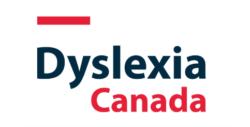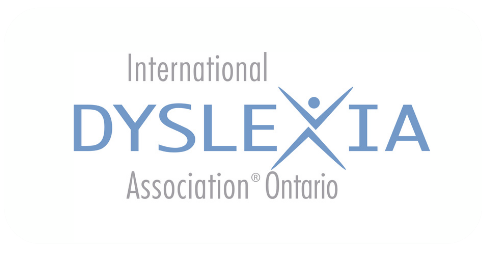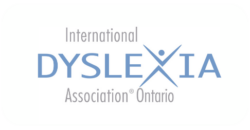This structured journal template, based on the work of David Liben and Meredith Liben, can be used to introduce students to the use of structured journals in their close reading of texts. While this work can be started orally with younger students, this template will […]
Vocabulary knowledge must be intentionally nurtured to ensure that students are ready for the greater vocabulary demands of reading complex texts and writing multi-paragraph essays, but we need to pay attention to cracks in the foundation and scaffold our lessons accordingly, or it all falls […]
In this series of videos, Dr. Andrea Fraser highlights key considerations for school boards and districts as they move to evidence-based assessment and data-based decision-making.
Levelled Literacy Intervention (LLI) is a commonly used literacy intervention grounded in the ineffective three-cueing approach to reading instruction. In 2022, the Ontario Human Rights Commission found that LLI is ineffective, both from external research on its effectiveness and boards’ own data on student outcomes. […]
Missed the ONlit Syntax Party with Dr. Margie Gillis? Catch up with the recordings – learn about why syntax is necessary for skilled reading and writing, and how to best teach this important language domain.
Thank you to Greater Essex County DSB for generously sharing this spreadsheet! It contains sets of texts aligned with content from the 4 frames (kindergarten), social studies and science curricula (grades 1 – 6), and history and geography curricula (grades 7 and 8). These […]
This resource is for all educators who work with students with autism. While many books on this topic focus on social and behavioural needs, this book offers a comprehensive focus on curriculum and instruction for this population of students. Early chapters on characteristics of autism […]
In this video, Dr. Anita Archer models an explicit vocabulary lesson with older students. Note how Dr. Archer involves active participation: students are engaged throughout. Note also the high level of teacher-student interaction. See if you can count the number of “serve and return” interactions!
How Learning Happens is broken down into 28 short chapters, each one focusing on an important element of educational research. The format of each chapter with consistent sections (Why you should read this article, Abstract of the article, The article, Conclusions/implications of the work for […]
In these webinar recordings, Jordan Sloan, Melissa Monette Smith, Siobhain Doyle, and Laura Bross explore assessment, evaluation, and reporting in the context of the revised Language curriculum and the new one-mark report card structure for Ontario students.
A needs assessment supports schools to systematically examine system strengths and weaknesses. This allows leaders to understand key needs and prioritize actionable steps to improve outcomes for all students.
With each week’s episode of Reading Road Trip, host Kate Winn recommends a picture book created by an Indigenous author or illustrator. Catch up with the books recommended from Season 1, and consider adding some to your library today!




